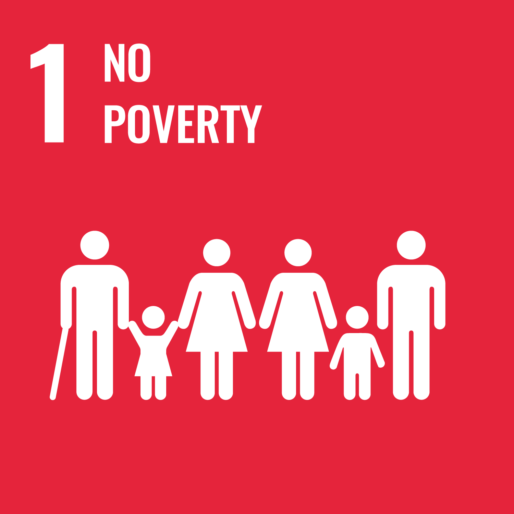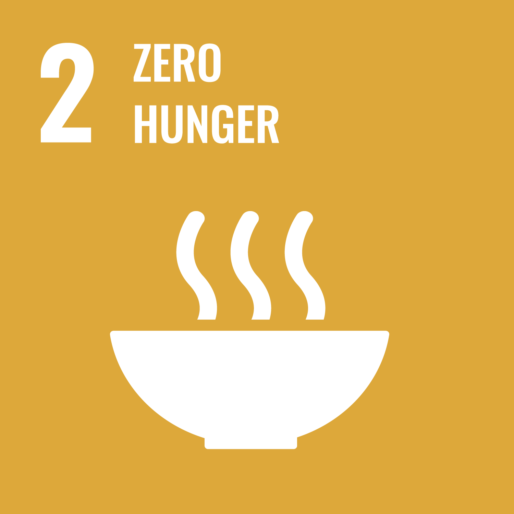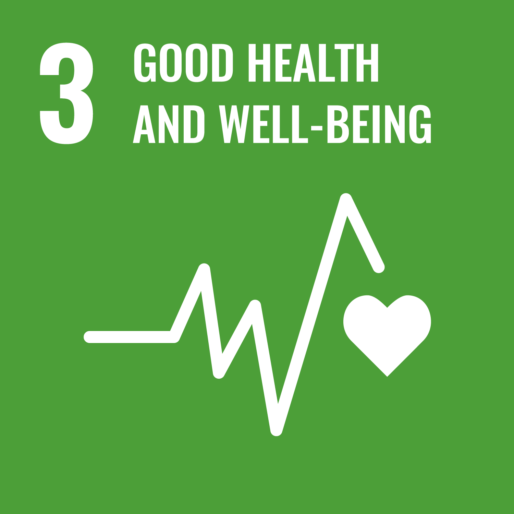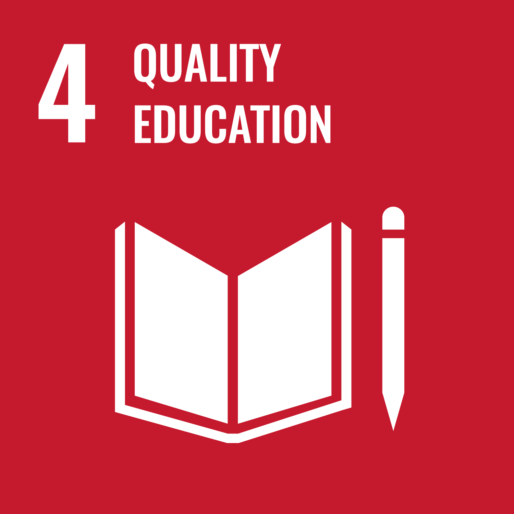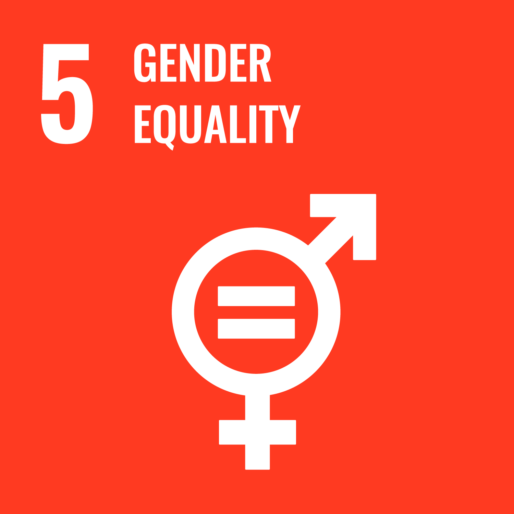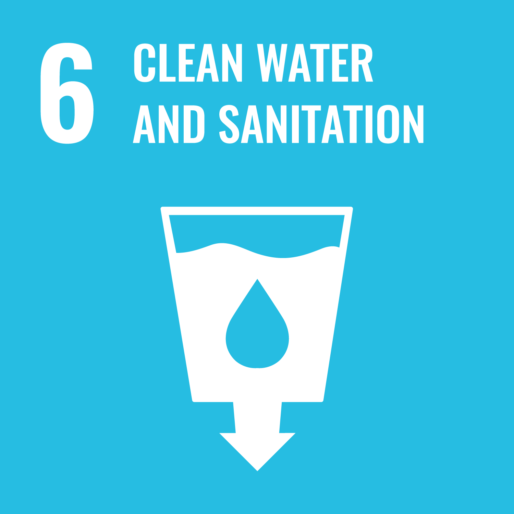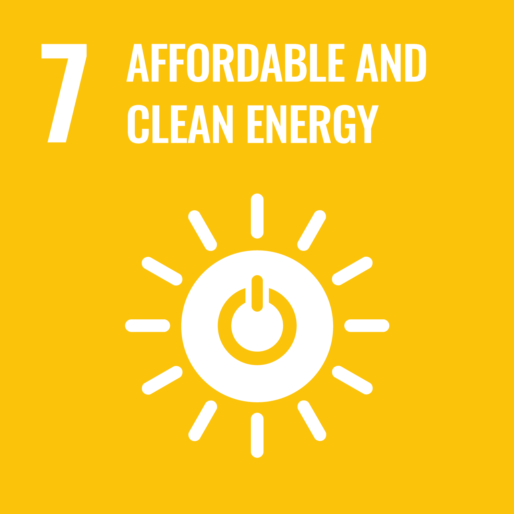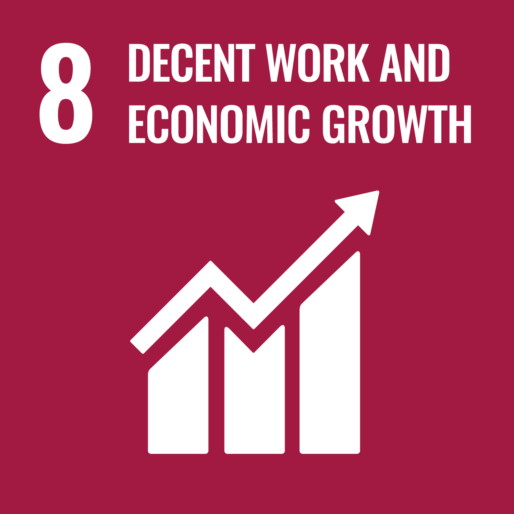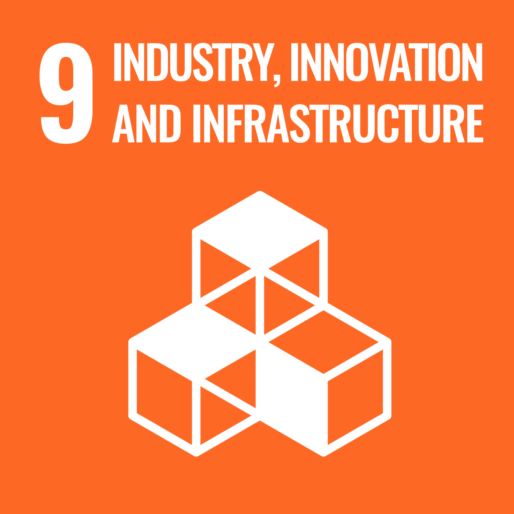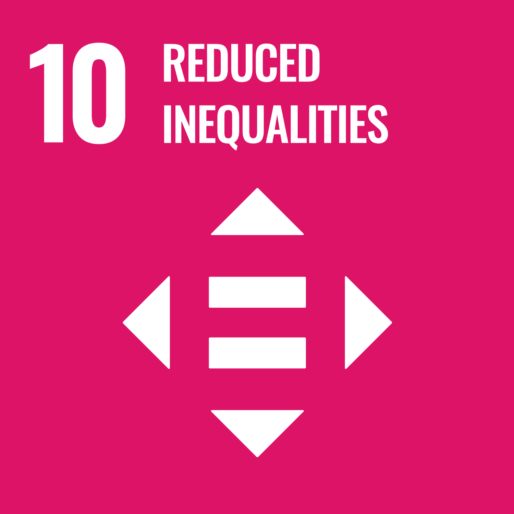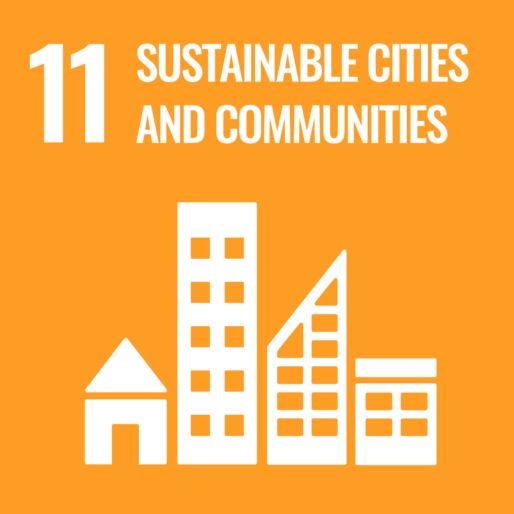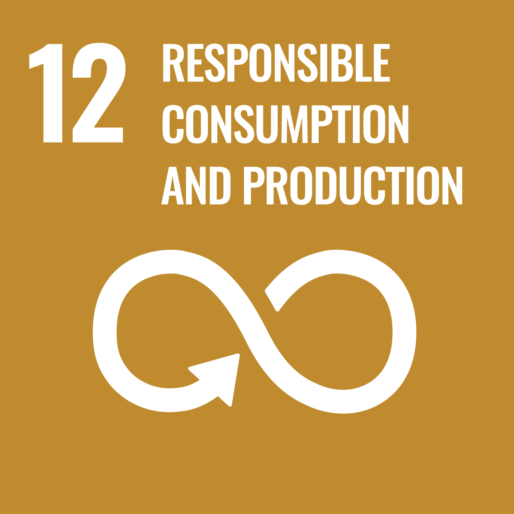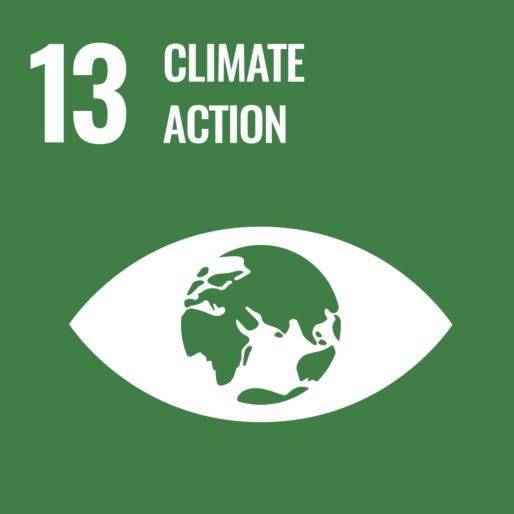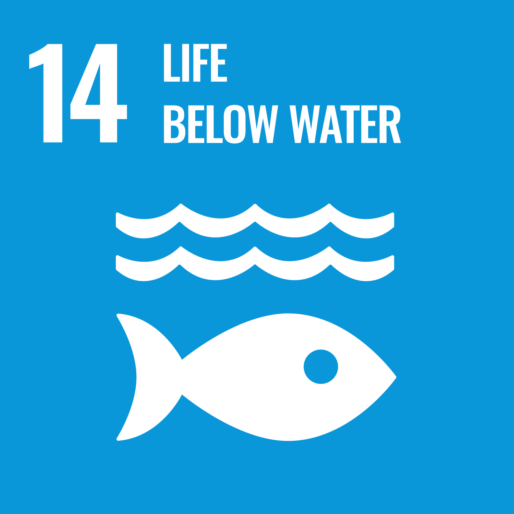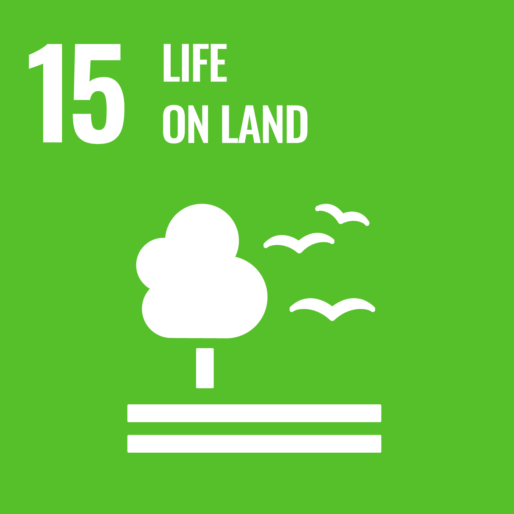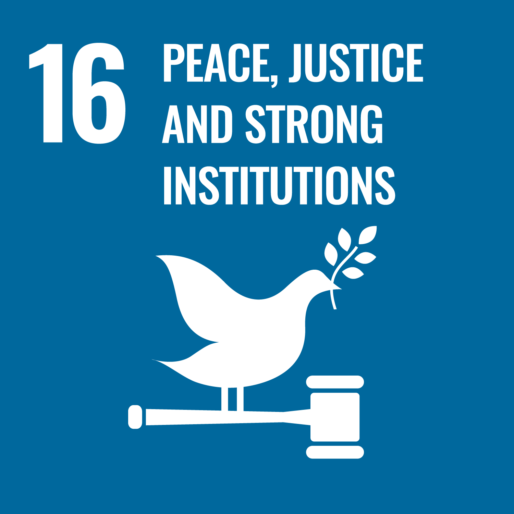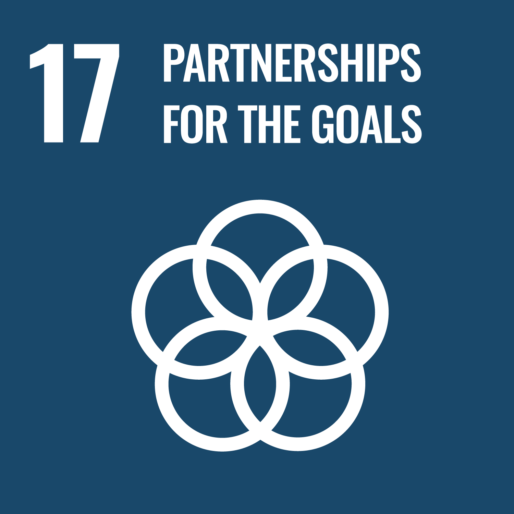Universities are called on to play a leading role in the great challenge of achieving the goals of the 2030 Agenda for Sustainable Development, integrating its philosophy into all their fields of action and providing the means to enable students to acquire the necessary competences and knowledge to contribute to the more sustainable development of society.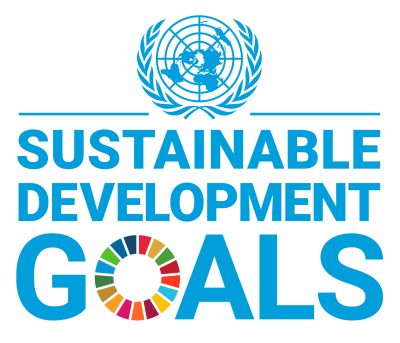
The 2030 Agenda, adopted by the United Nations General Assembly in 2015, includes 17 Sustainable Development Goals (SDGs) aimed at addressing the major global challenges, from combating poverty and climate change to education, health, gender equality, peace and sustainable cities.
The University of Andorra endorsed the Sustainable Development Goals in early-2018 with the aim of contributing to their achievement. This decision was in line with the values that inform the UdA’s institutional model, and was based on the commitment to sustainability, environmental conservation and the defence of human rights that the University has held since its origins. In 2021, the UdA reaffirmed its commitment by becoming a member of the United Nations Academic Impact programme, which ensures that higher education institutions around the world contribute to achieve the Sustainable Development Goals.

From the global perspective, as an institution responsible for forming future generations, the University of Andorra includes in its courses a transversal competence known as “Commitment to the Culture of Democracy and the Sustainable Development Goals (SDGs)”, which directly contributes to raising students’ awareness and knowledge of the 2030 Agenda. The work involved in acquiring this competence is seen particularly in the bachelor’s and master’s degree final projects and doctoral theses, in which students are required to explain which SDGs are linked to or affect the theme of their work.
According to a 2021 study,[1] Sustainable Development Goal 13 (Climate action) is the SDG most frequently linked to bachelor’s and master’s degree final projects (15.4%), followed by SDG 7 (Affordable and clean energy), SDG 12 (Responsible consumption and production) and SDG 3 (Good health and well-being), all with 10.3%:
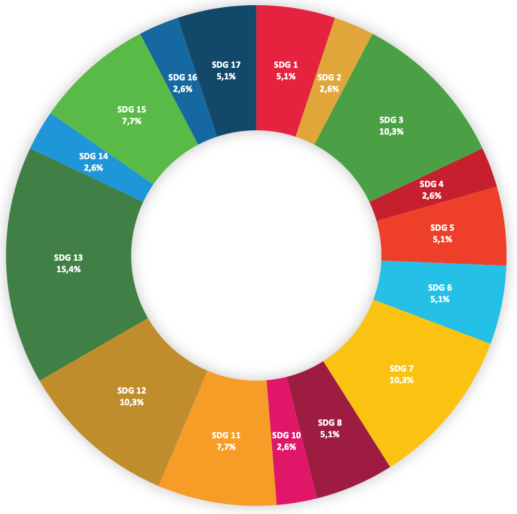
SDGs linked to final projects developed at the UdA in the 2018-2019 and 2020-2021 academic years.
As regards the Doctoral Programme, the Sustainable Development Goals most frequently linked to doctoral theses are SDG 4 (Quality education) with 28.6%, SDG 11 (Sustainable cities and communities) with 19%, and SDG 13 (Climate action) and SDG 17 (Partnerships for the Goals), both with 14.3%:
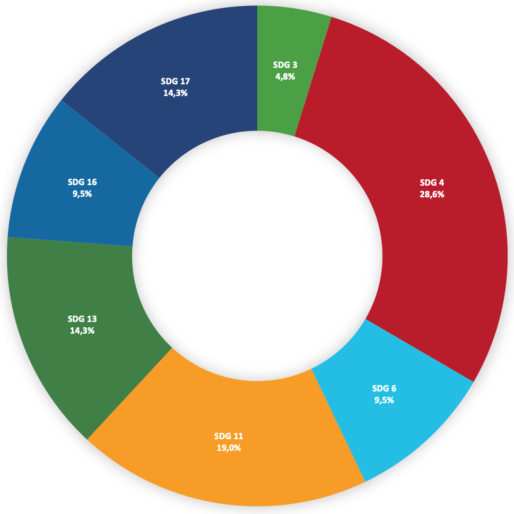
SDGs linked to doctoral theses developed in the 2020-2021 academic year.
To go into greater detail, by clicking on each logo, further information is obtained on the UdA’s contributions to the different SDGs. All this shows that – logically, as a public institution dedicated to higher education – the University’s greatest contribution is to SDG 4 (Quality education).
——————————
[1] Mariño-Mesías, Rosa M.; Sabrià-Bernadó, Betlem (2021). El compromiso de la Universidad de Andorra con los Objetivos de Desarrollo Sostenible. Presented at the 10th National and 4th International University Service-Learning Congress, Las Palmas de Gran Canaria (online).


